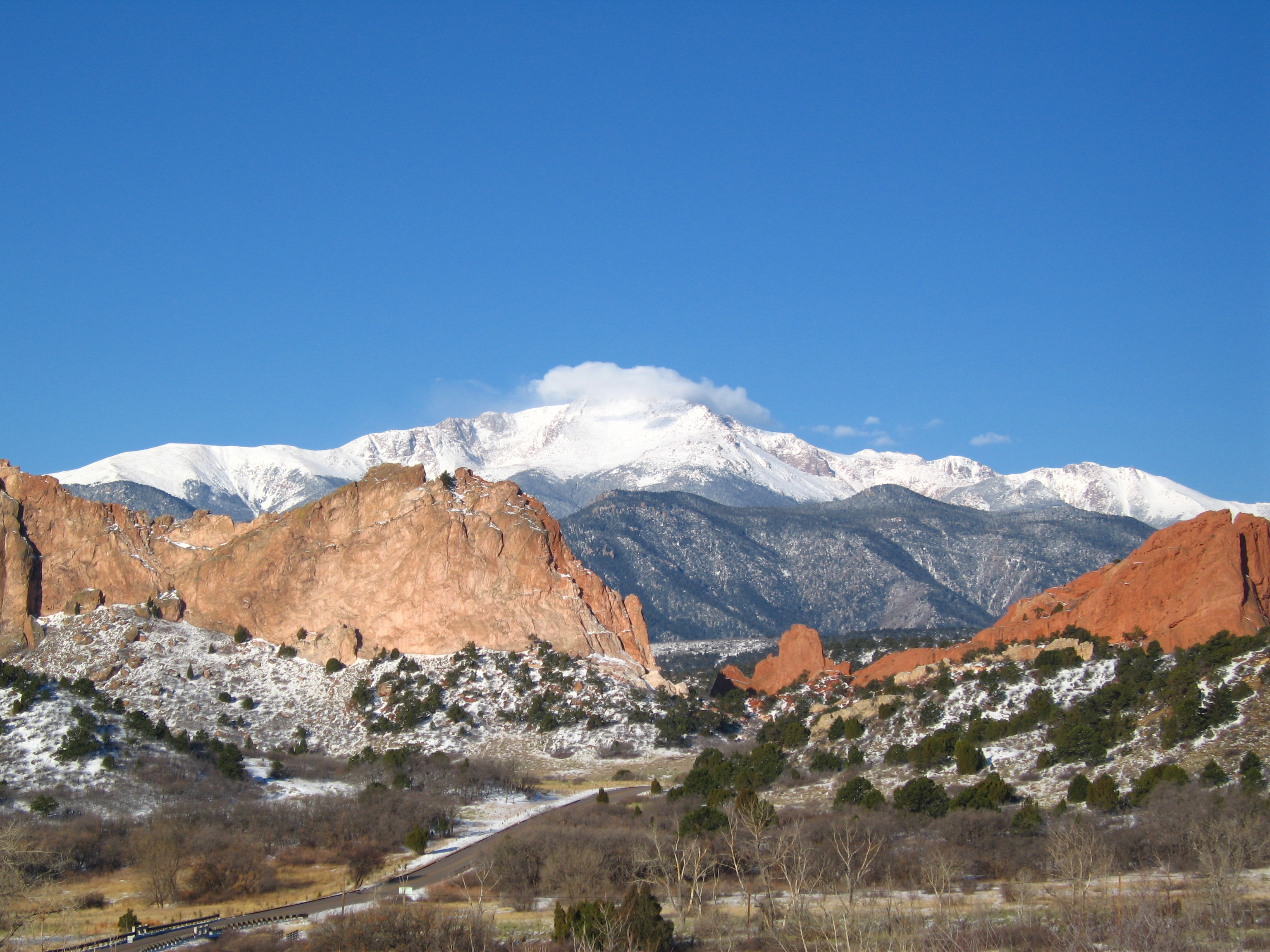guest author: Anthony J. Marsella, Ph.D.
The new calendar year is upon us . . . in every sense of the word! We use the New Year as an opportunity for renewal — a chance for a fresh start. We leave behind the accumulate residue of the past year, and respond now with a blank slate of possibilities — an imagined vision of what could be . . . “If only.” Yes, it is the “If only,” constraining us and inspiring us. I once wrote a wisdom bite: “If! A two-letter word, simple in sound, profound in consequence.”

So here we are! Wanting a new start, but clear we have much unfinished business from last year. There is wisdom in knowing the challenges we face, for life is never free of them. It is also useful to know the resources we possess, even if they may be inadequate to the task. It is useful to explore the dynamics of resource-challenge relations. There will always be tradeoffs and compromises, and these are disappointing. Yet, they constitute a reality that cannot be ignored. So what does 2016 look like from the resource-challenge perspective?

In my opinion, there are reasons for fear, and reasons for hope. Has it ever been anything different? Hasn’t history shown us each age was filled with its challenges and resources? Yes, this is true. But what is different this year – 2016 – is the “global stage” in which the challenges and resources are being tested and contested. We are unprepared for the magnitude of stage. And, the problem is resources are always fewer in number than challenges. But is their power less?
There is something noble and inspirational about the willingness to assert human and environmental dignity and worth via various resources. There is something noble about joining causes to bring positive changes. This may be the most important thing! It is hard to speak of the nobility of the human spirit when we consider the widespread abuses and insults human have engendered. But perhaps the “process” of responding to challenges reminds us of the essence of life itself – a felt force seeking and pursuing, not only survival, but growth, development, and becoming. Go for it!
Anthony J. Marsella, Ph.D., Professor Emeritus, University of Hawaii, Honolulu, Hawaii 96822.
Show, by your actions, that you choose peace over war, freedom over oppression, voice over silence, service over self-interest, respect over advantage, courage over fear, cooperation over competition, action over passivity, diversity over uniformity, and justice over all.


